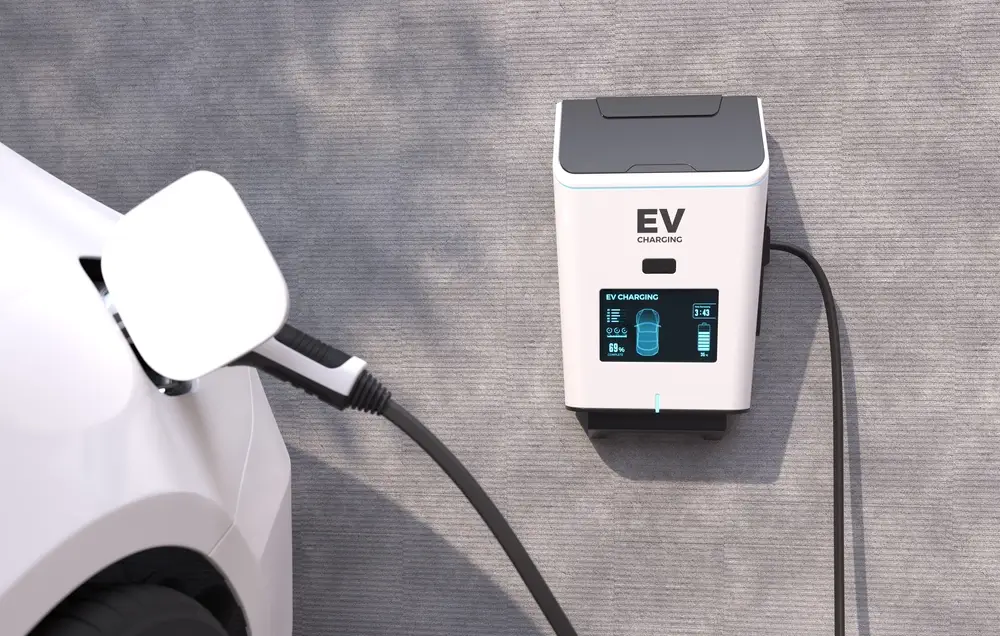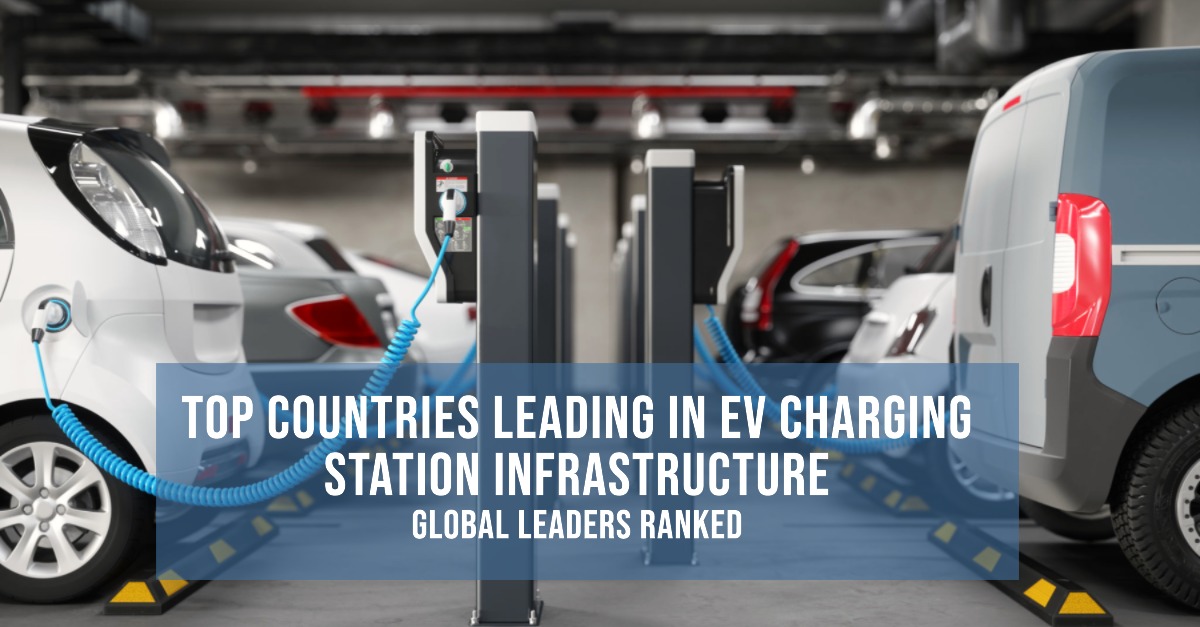
The Advancements and Growing Popularity of Electric Cars in the Automobile Industry
In recent years, the automobile industry has witnessed remarkable advancements and a surging popularity in the realm of electric cars. With the increasing concerns about climate change, rising fuel costs, and the desire for sustainable transportation, electric vehicles (EVs) have emerged as a promising solution. This article delves into the history, benefits, technological advancements, growing popularity, and challenges faced by electric cars, providing insights into their remarkable journey and the future prospects they hold.
Electric Powered cars
If you’re looking to sell your car in Brisbane, you might be interested in the growing trend of electric-powered cars. Electric vehicles (EVs) have gained significant popularity in recent years due to their environmental benefits and cost-saving advantages. These cars are powered by electricity instead of traditional internal combustion engines, resulting in zero tailpipe emissions and reduced dependence on fossil fuels. As a result, Cash for Cars Brisbane services are increasingly accepting and purchasing electric vehicles. Selling your electric car through a cash for cars service not only helps you get a fair price for your vehicle but also contributes to the promotion of sustainable transportation options. By opting for an electric car, you’re not only embracing innovative technology but also making a positive impact on the environment.
The benefits of electric cars are numerous
Electric cars offer a range of benefits, making them an attractive alternative to traditional internal combustion engine vehicles. Firstly, electric cars provide significant environmental benefits. They produce zero tailpipe emissions, thereby reducing air pollution and mitigating the impact of transportation on climate change. By transitioning to electric cars, we can significantly reduce greenhouse gas emissions and contribute to a cleaner and greener future.
Secondly, electric cars offer cost savings. Over the long term, electric vehicles provide lower operating costs than conventional vehicles, despite their higher upfront costs. Electricity is generally cheaper than gasoline or diesel, resulting in reduced fuel expenses. Additionally, electric cars have fewer moving parts and require less maintenance, leading to potential savings in repairs and servicing.
Moreover, electric cars reduce dependence on fossil fuels, which are finite resources with volatile prices. By embracing electric transportation, we can diversify our energy sources and reduce our vulnerability to fluctuations in oil prices. This energy independence is crucial for both individual car owners and nations striving for energy security.
Achieving technological advancements
The rapid advancements in technology have played a pivotal role in the growth of electric cars. One of the key areas of improvement is battery technology. Lithium-ion batteries, with their higher energy density and improved performance, have revolutionized the electric vehicle industry. These batteries offer longer driving ranges, allowing EVs to compete with their gasoline-powered counterparts.
Furthermore, the development of faster and more efficient charging solutions has addressed the issue of range anxiety. With the establishment of widespread charging infrastructure, electric car owners can charge their vehicles conveniently, reducing concerns about running out of power during their journeys. Fast-charging stations have emerged, enabling EVs to recharge to a significant extent in a short amount of time.
Growing Popularity of Electric Cars
Government Support and Incentives: Governments around the world have recognized the importance of transitioning to electric vehicles and have implemented supportive policies. Many countries offer financial incentives, such as tax credits, rebates, and subsidies, to encourage the purchase of electric cars. These incentives help to offset the higher initial costs associated with electric vehicles, making them more affordable and accessible to a broader range of consumers.
Changing Consumer Perceptions:
As awareness about environmental issues and the benefits of electric cars increases, consumer perceptions are shifting. People are becoming more conscious of their carbon footprint and are actively seeking sustainable transportation options. The improved reputation and positive word-of-mouth surrounding electric cars have contributed to their growing acceptance and popularity among consumers.
Expansion of Electric Vehicle Models:
Automobile manufacturers have responded to the rising demand for electric cars by expanding their electric vehicle portfolios. Initially, electric cars were limited to a few models with limited features. However, as technology has advanced and economies of scale have been achieved, automakers are now offering a wide range of electric vehicles with different sizes, styles, and features. This diversification has catered to the diverse needs and preferences of consumers, further fueling the popularity of electric cars.
Challenges and Future Outlook
While electric cars have made significant strides, several challenges still need to be addressed to ensure their widespread adoption.
- Limited Charging Infrastructure: Although the charging infrastructure for electric vehicles has improved in recent years, there is still a need for further expansion. The availability of charging stations, especially in rural areas, remains limited compared to traditional fueling stations. Investing in the development of a comprehensive and reliable charging network is crucial to alleviate range anxiety and promote the growth of electric cars.
- High Initial Cost: Despite the long-term cost savings, the initial purchase price of electric cars can be a deterrent for some consumers. Electric vehicles often have a higher upfront cost due to the advanced technology and batteries they incorporate. However, as economies of scale continue to drive down production costs and government incentives become more prevalent, the price gap between electric and conventional vehicles is expected to narrow.
- Battery Recycling and Disposal: Electric vehicle batteries have a limited lifespan before they need to be replaced. Proper management of battery recycling and Car disposal Brisbane is essential to minimize environmental impact and maximize resource utilization. Developing efficient recycling processes and implementing responsible disposal methods are critical aspects that need to be addressed as the number of electric vehicles on the road continues to grow.
Conclusion
The advancements and growing popularity of electric cars have revolutionized the automobile industry. Electric vehicles offer numerous benefits, including environmental sustainability, cost savings, and reduced dependence on fossil fuels. Technological advancements in battery technology and charging infrastructure have overcome many initial limitations, driving the adoption of electric cars. However, challenges such as limited charging infrastructure and high initial costs need to be addressed for widespread adoption. With continued research, innovation, and supportive policies, electric cars are poised to become the future of transportation, leading us towards a more sustainable and greener world.



